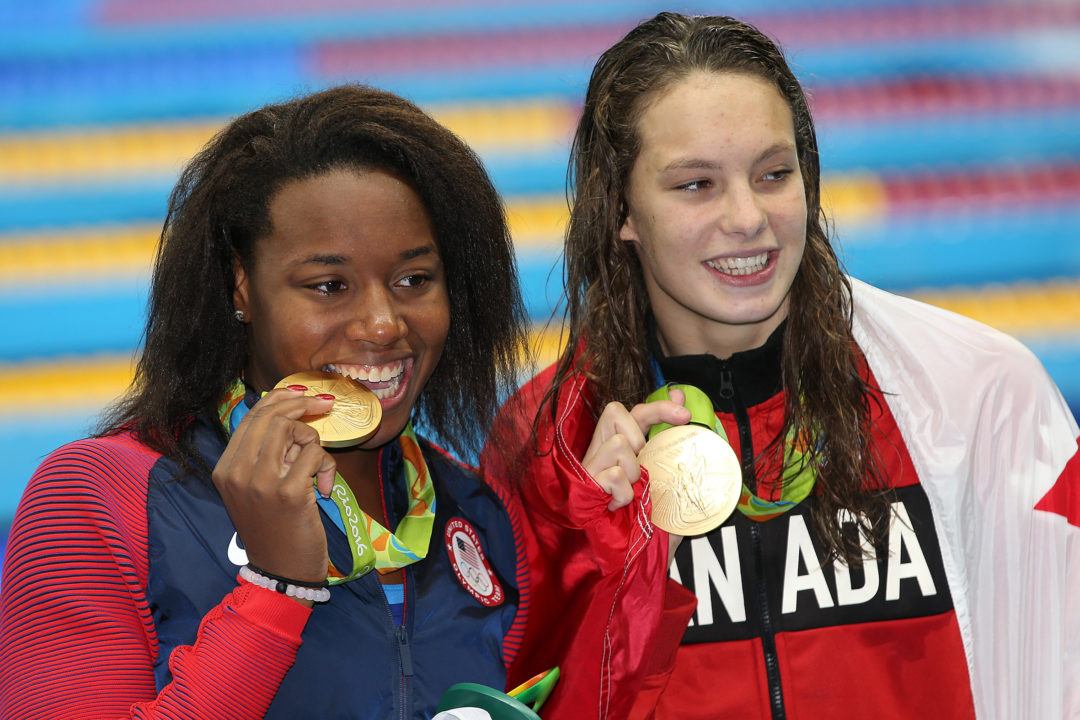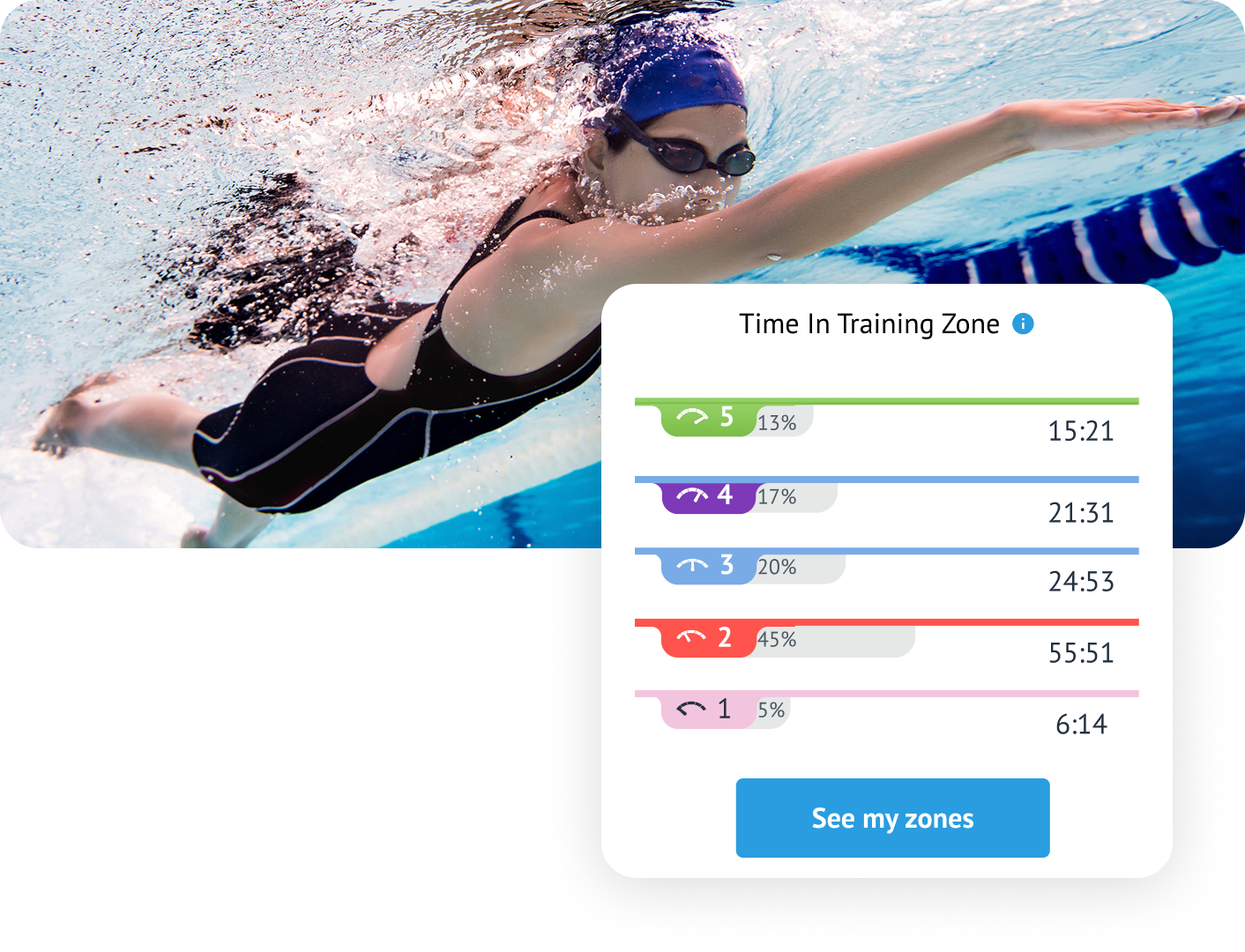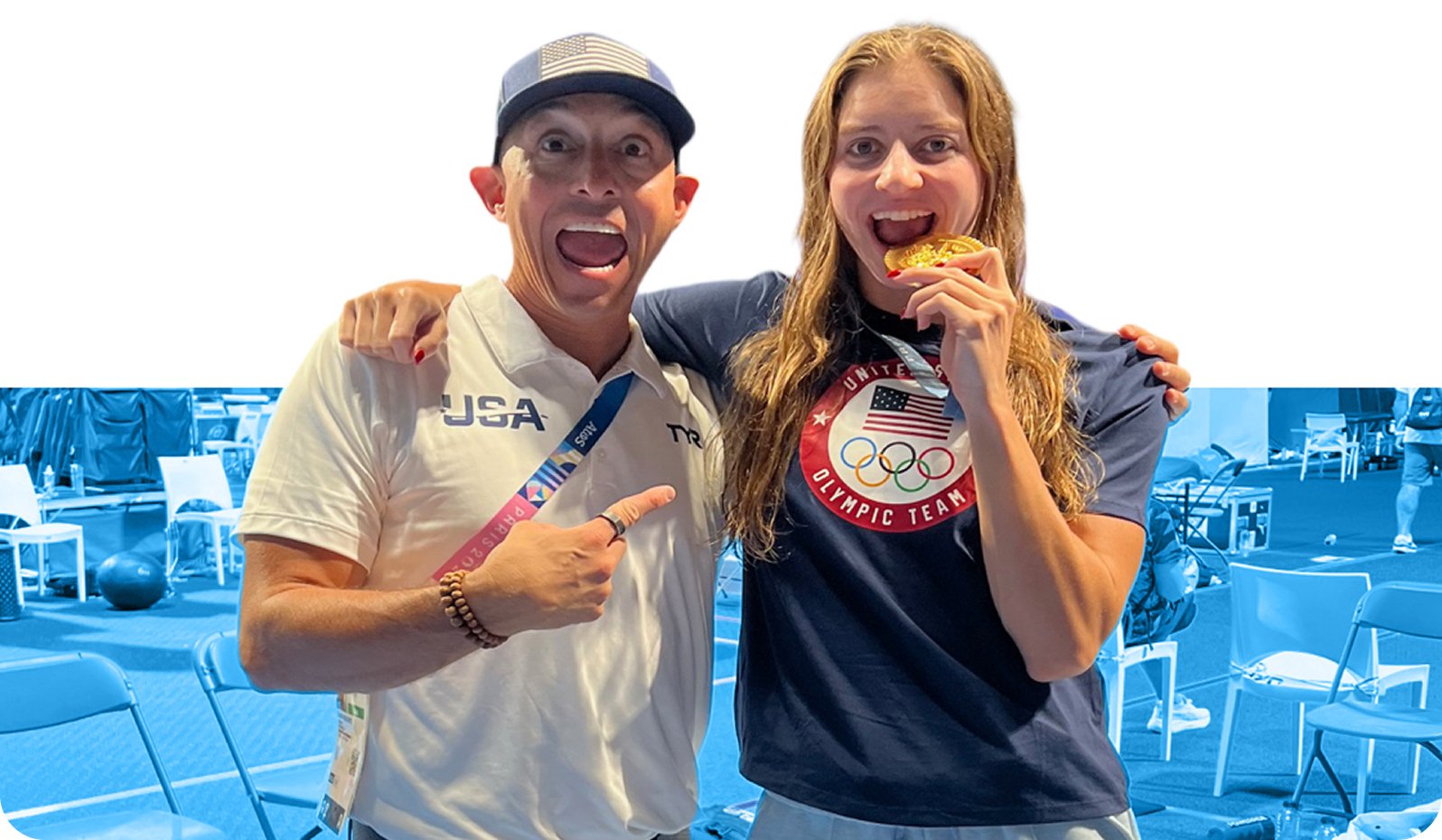TritonWear and Swim Swam bring you the best in swimming race analysis. With the power of TritonWear, you can have an in-depth analysis of your practice every day with zero effort. Today we are having a closer look of once-in-a-lifetime race of 2016 Rio Olympic Games.
The women’s 100m freestyle final at the 2016 Olympics was slated to be one of the most exciting races of the competition. It was entirely possible that the gold and silver medals could be claimed by sisters Cate Campbell and Bronte Campbell of Australia. Bronte had a pair of World Championship titles from the year before and Cate had just broken the 100 Freestyle world record heading into Rio. Speculation was rampant about who might take the Olympic title. But although the women’s 100 freestyle did turn into an epic showdown, it wasn’t at all as predicted.
Cate rocketed into the lead on the first length with incredible efficiency. Taking only 30 strokes, she flipped under world record pace in a blistering 24.77. Her stroke index value was 5.36, far exceeding that of every other swimmer in the race. Meanwhile, Bronte was only a few tenths of a second behind – it looked as though the Australian sprint sisters were indeed in a position to take the top two spots on the podium.
But other competitors began to move up in the back half of the race. Simone Manuel of the United States had the fastest turn in the pool by far, clocking in at 0.55 seconds. She used her momentum off the wall to surge into a long, powerful stroke – the only swimmer to increase her DPS on the second length. Sarah Sjostrom of Sweden also blasted off the turn to propel herself into striking distance of the leaders. She maintained a relatively high rate of 1.2 seconds per stroke that helped her close the gap.
With 15 meters to go, the field was nearly even. The Campbell sisters struggled to maintain their lead while Manuel and Sjostrom battled for an edge. But suddenly a new challenger entered the mix: Penny Oleksiak, the young breakout star from Canada. Nobody saw her coming – she’d split a full second slower than Cate Campbell on the opening 50 and was stuck back in seventh place. But Penny had been saving her energy to shift into a higher gear, hitting top speed in the pool at 1.85 m/s on the second length. Her powerful kick thrust her into medal contention as the swimmers neared the finish.
Manuel and Oleksiak broke into a slight lead in the final few meters and fought stroke-for-stroke into the wall. Spectators held their breath as they reached in synchronization and slammed the touchpad together to tie for gold in an Olympic record time of 52.70. Sjostrom got her hand on the wall next to claim the bronze in 52.99, shutting out both of the Campbell sisters.
The come-from-behind finish from two underdogs, resulting in a closely contested race that was exciting through the final stroke, made this race one of the most epic showdowns of the Rio Olympics.



.png)

